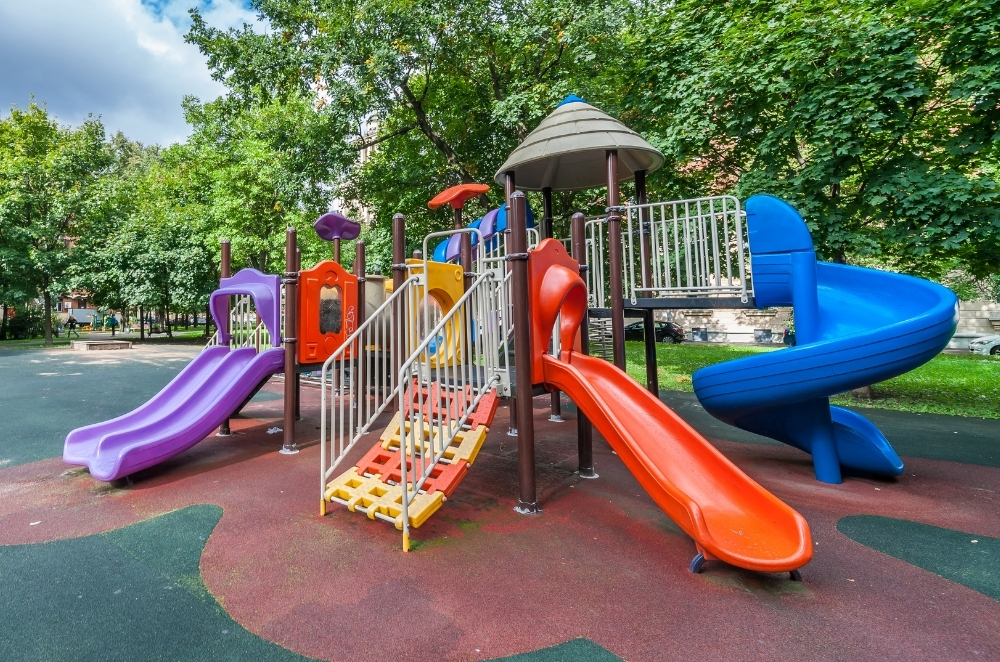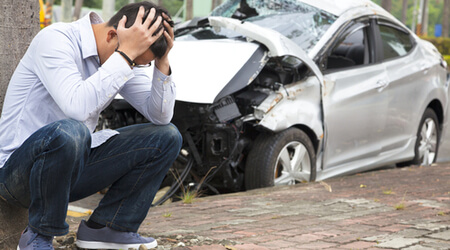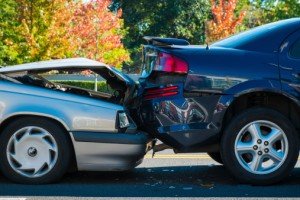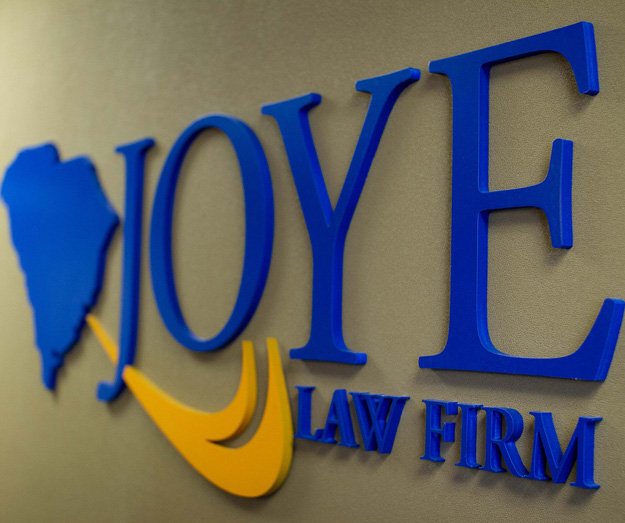
As children across South Carolina return to school, parents have to trust schools to keep their kids safe not just from illness but also from physical injury. According to the American Academy of Orthopaedic Surgeons, more than 220,000 children under 14 are taken to the emergency room every year for playground injuries. Most of these injuries occur at school. The CDC even estimates that more children are severely injured on playgrounds than in bike or car accidents!
So if your child is hurt while playing on the playground at school, what should you do? What can you do?
School Districts May Be Liable for Injuries on Their Property
Property owners have a legal responsibility to make sure their property is safe for anyone who is on it. In legal terms, this is called “premises liability.” And parents of school-aged children should know that it also applies to schools.
But to prove that the school failed in its legal responsibility, you will need to prove these four things:
- The school is in charge of the playground.
- Your child was injured in a foreseeable way (i.e., your child was using playground equipment in a way that could be anticipated, and the potential injury could also be anticipated – for example, it’s easy to guess a child might jump from the top of a jungle gym and hurt themselves, or might hurt themselves going down a slide if a nail is sticking up).
- The school could have or should have foreseen the danger, but didn’t do anything or do enough to prevent it.
- Your child’s injury is a result of the school’s failure to reduce or remove the danger.
Schools have a responsibility to maintain playground equipment to make sure it’s safe to use. That means they should regularly inspect their playgrounds for danger, including rusted or rotting building materials, loose screws or bolts, protruding nails, sharp edges, and slippery surfaces.
Unfortunately, many state governments grant immunity from civil liability for injuries on government-owned property such as public schools’ playgrounds. Exceptions are usually only made in cases of extreme negligence. Private schools and daycares, however, do not have the same legal protection.
Who Can I Sue for My Child’s Injuries?
Schools aren’t the only people who can potentially be held liable for injuries on playgrounds. The manufacturer of the playground equipment could be held liable if it’s determined the equipment is dangerous because of the way it was designed, or the contractor who installed the equipment could be liable if they installed it incorrectly, making it dangerous to use.
Examples of items that could make a manufacturer or contractor liable include:
- Lack of guardrails, or equipment that’s too high for the intended age group (equipment taller than 6 ft. at a preschool or taller than 8 ft. at a grade school)
- Openings that could trap a child’s arms, legs, or head
- Lack of space between equipment (e.g. swings hung too closely together so they can swing into each other)
- Lack of shock-absorbent playground surface material (wood chips, shredded rubber, sand, etc.)
The person in charge of supervising your child can also be potentially held responsible for your child’s injuries, since young children may not be aware of dangers that would be obvious to an adult, such as running too fast on slick surfaces or jumping from equipment that’s too high.
Playground Injury? Get a Free Case Consultation
If you are unsure who can be held liable for your child’s injuries on a school playground, we recommend speaking to an experienced South Carolina premises liability attorney to discuss your case.
At Joye Law Firm, your initial consultation is always free, and you are under no obligation to hire us after speaking to one of our lawyers. We simply want to help you understand your options, and if you decide to move forward with a lawsuit, help you get the compensation your family deserves when your child is injured through someone else’s negligence.
We know how difficult it can be to get compensation when dealing with multiple potentially liable parties, some of whom may be granted immunity by the state. But we also have the experience to help.
Have questions? Call today for your free consultation.


































